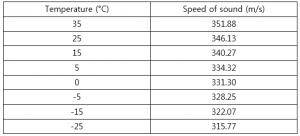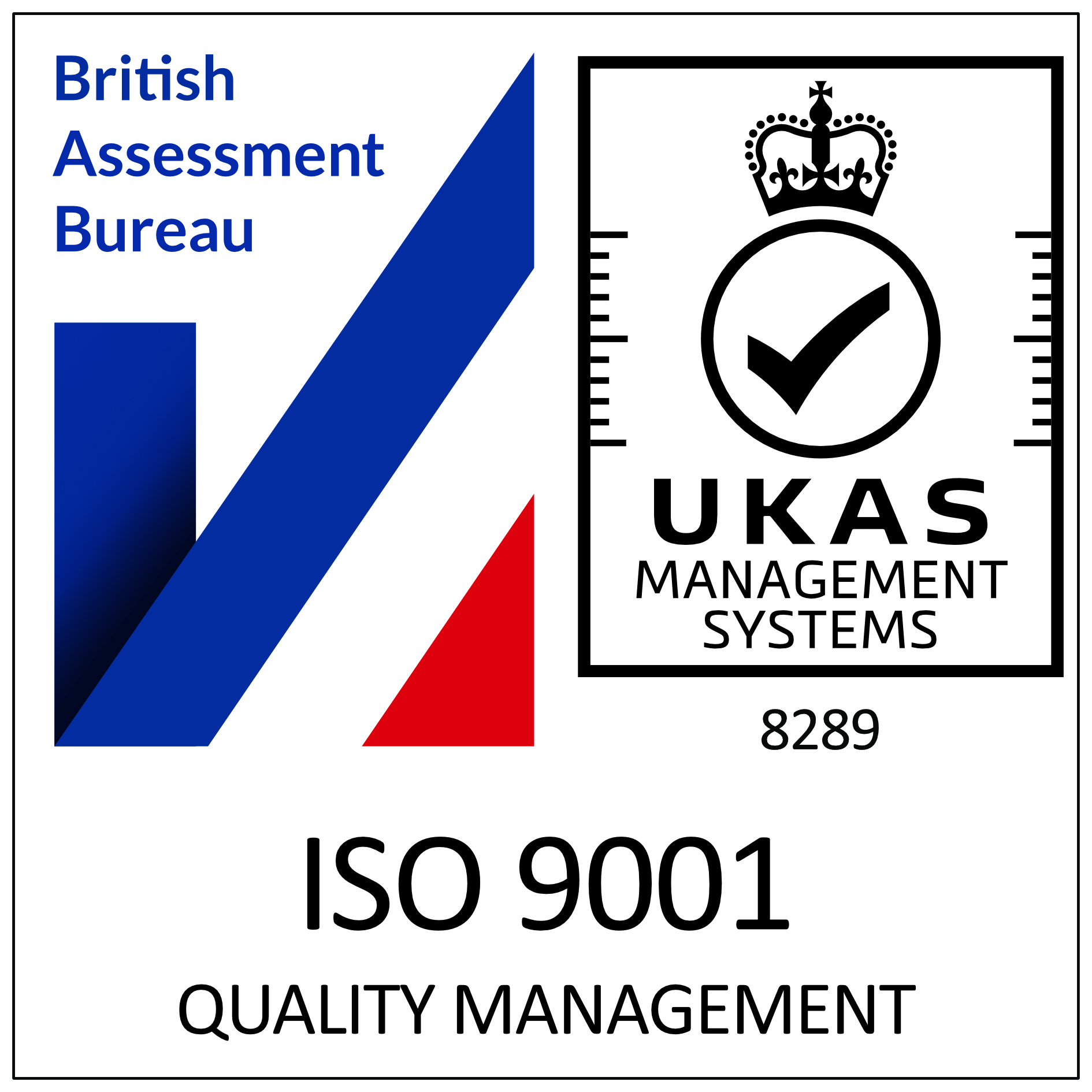Three interesting facts about sound
We won’t be returning to the topic of soundproof doors for a while, so now that you know all about the doors we thought that we would do what we do very occasionally and go off piste a little – and conclude this series of articles with three interesting facts about sound itself …
So here goes!
The speed of sound isn’t constant …
It is 340.29 m/s at sea level.
Why do we say “at sea level”? Because the speed varies with altitude. And why’s that? Because it varies with temperature. Look at these figures:
Now let’s see what the speed is at high altitudes:
Spot the anomaly? It’s actually warmer at 29,000 m (-48°C) than it is at 20,000 m (-57°C)
The speed also depends upon the substance through which the sound is travelling. It travels faster in liquids and non-porous solids than it does in air: about 4.3 times faster in water (1,484 m/s) and nearly 15 times faster in iron (5,120 m/s).
So the next time someone mentions the speed of sound to you, ask them at what altitude, temperature and through what medium it is travelling …
(Incidentally, light travels at 299,792,458 m/s. This means that light can reach the moon from the Earth in 1.2 seconds, while it would take sound 12.9 days!).
Is it true that duck quacks don’t echo?
Let’s start by explaining what an echo actually is: a loud sound reflection that arrives late and so is heard as a separate sound source. Echoes can sometimes be heard in large concert halls, for example. Sound takes a long time to travel from the stage to the rear wall of the concert hall, if a strong reflection comes back from the rear wall to the front of the hall, this can be heard as an echo. Another common place to hear echoes is in some railway stations, making announcements hard to understand. The term also refers to the physical sending back of sound or other waves and the repetition of sound by reflection.
So, is it true about duck quacks? Sadly not. First listen to this:
Duck quacking in an anechoic chamber
and then this
Duck quacking in an echo chamber
You can clearly hear the echo … so how did the myth arise? There are a few possible explanations:
- The quack does echo, but it is usually too quiet to hear. When you want to hear an echo, you usually make a very loud noise to make sure the reflection can be heard. But a duck quacks too quietly, so the reflection is too quiet to hear
- Ducks don’t quack near reflecting surfaces! You need a large reflecting surface, a mountain or building for the sound to reflect off. Maybe ducks don’t hang around reflecting surfaces for too long …
- It is hard to hear the echo of a sound which fades in and fades out.
The research was carried out by Professor Trevor Cox and colleagues at Salford University’s Acoustic Research Centre. And in case you’re wondering why they’d go to all this trouble, their work helps building designers improve the acoustics of concert halls, cinemas, and even railway stations where echoes can make it difficult to hear the original sound source – such as the tannoy making a train announcement. The Professor said:
“If ducks had some secret trick I would certainly want to know about it!”
Clearly a topic very close to our hearts, given the fact that soundproof doors make such a vital contribution to the acoustics of a building!
Classical music causes crime rates to drop …
It’s true! Various transport networks around the world (notably in Australia, Canada and the U.K.) have experimented by playing classical music in some of their stations, and have found that some crimes and anti-social behaviour dropped!
My preferred explanation is that people loved the music and it made them happy and calm, although some argued that people didn’t like the music so stayed away. Either way, it’s very good news.
Some of the most “successful” pieces were:
Rachmaninov: Symphony No 2
Shostakovich: Piano concerto no 2
Williams: Theme from Schindler’s List
Beethoven: Pastoral Symphony
Saint-Saens: The Swan
(Source: Tyne and Wear Passenger Transport)
These are all wonderful, but we couldn’t help including this clip from YouTube:
Contact the experts
We can’t promise you faster than sound travel, or ducks quacking in echo chambers, or even classical music – but we can promise you expert advice from our friendly and knowledgeable team.
Call us any time on 020 3199 5860 and as always we’ll be delighted to help you.










